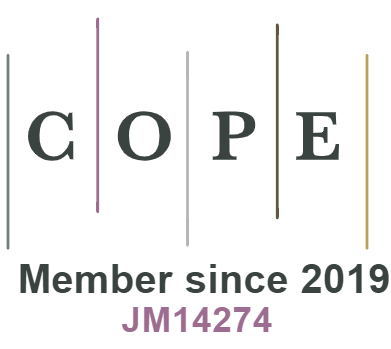Personhood, Embodiment, and Disability Bioethics in the Healing Narratives of Jesus
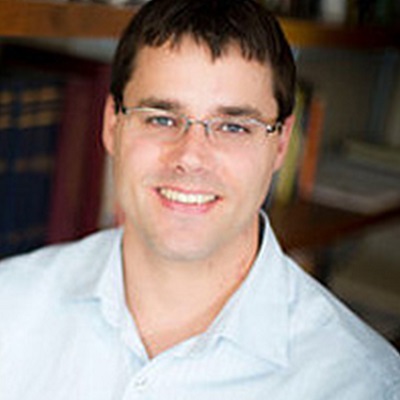
Catholic bioethicist Cory Labrecque, PhD, discusses the healing narratives of Jesus as a rich resource for Christian patients and their caregivers as they pursue meaning and the preservation of personhood following life-changing illness or disability.
What Can Be Learned From Relationships Between People With and Without Disabilities: Inter-Abled Relationships
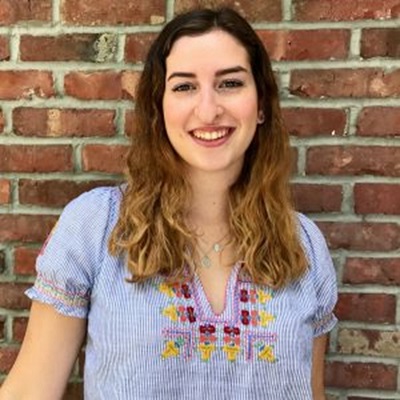
Undergraduate students at Emory University interviewed individuals in three unique relationships to shed light on the diverse impacts disability has on differently-abled people within relationships.
The Power of Stories for Patients and Providers
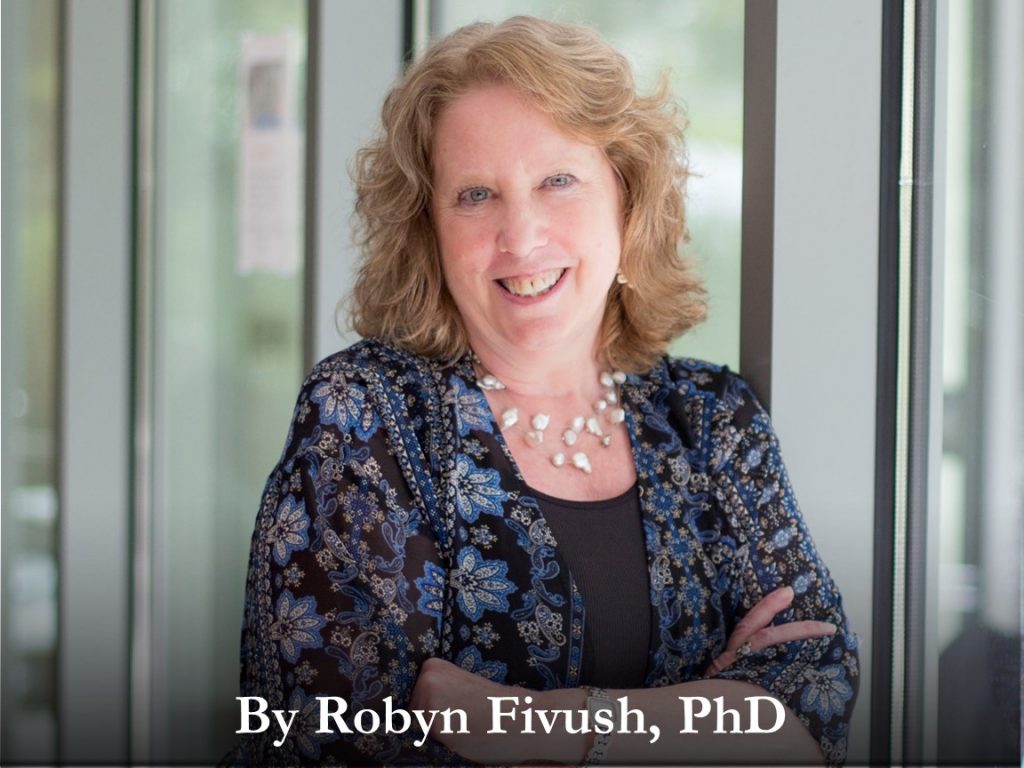
Robyn Fivush, PhD, argues that sharing our stories with others, and listening to their stories, is a fundamental way of connecting–for patients and medical providers alike. She reports on emerging research that demonstrates the power of stories to build empathy and promote healing.
Rehabilitating Citizenship: Lessons from Across the Curriculum
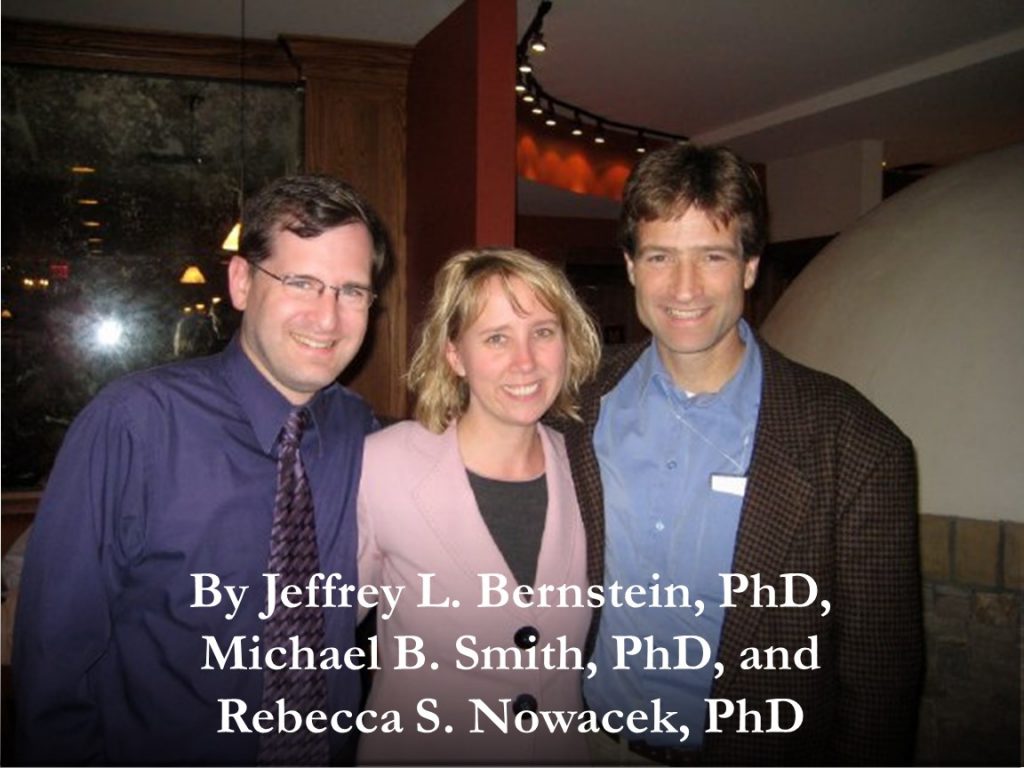
Professors Jeffrey Bernstein, Michael Smith, and Rebecca Nowacek make the case that being a good citizen requires understanding the lives other people experience–their joy and suffering–and working to ease the troubles others face.
Bedside Audio Storytelling for Hospital Patients: A Program Overview
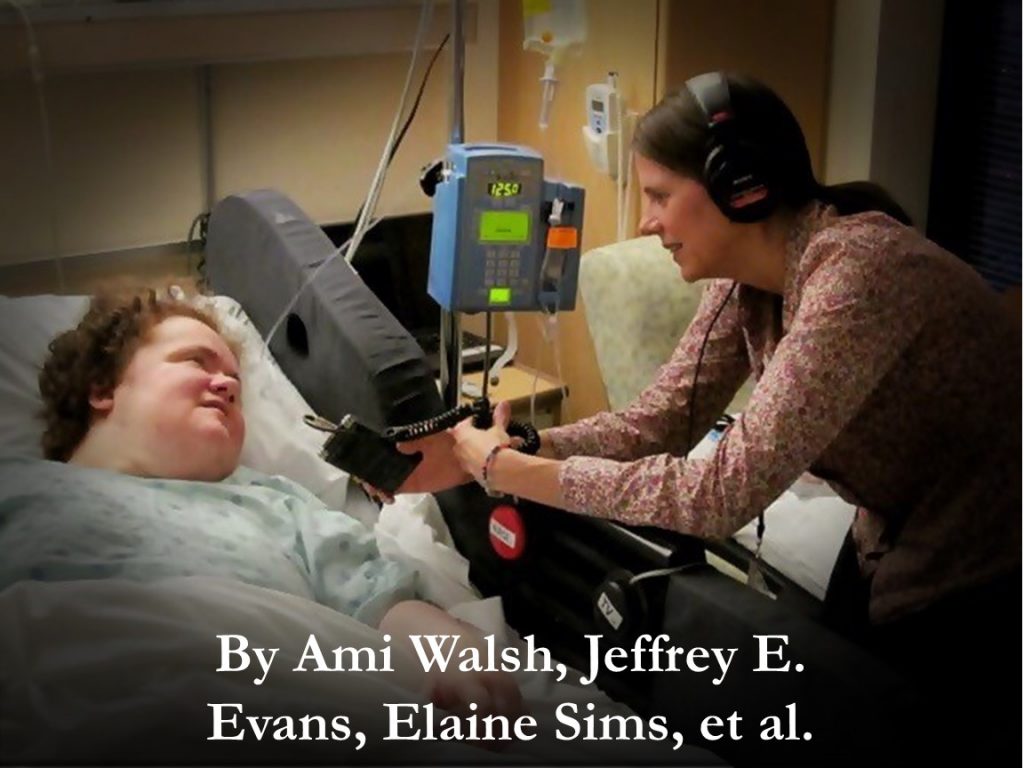
Authors Ami Walsh, MFA, Jeffrey Evans, PhD, and colleagues describe how digital technology is being used to create patient-centered audio stories in a dynamic program at Michigan Medicine. Audio storytelling, they report, helps to honor a patient’s sense of self and offer comfort and hope.
Our Roots as Rehabilitation Specialists
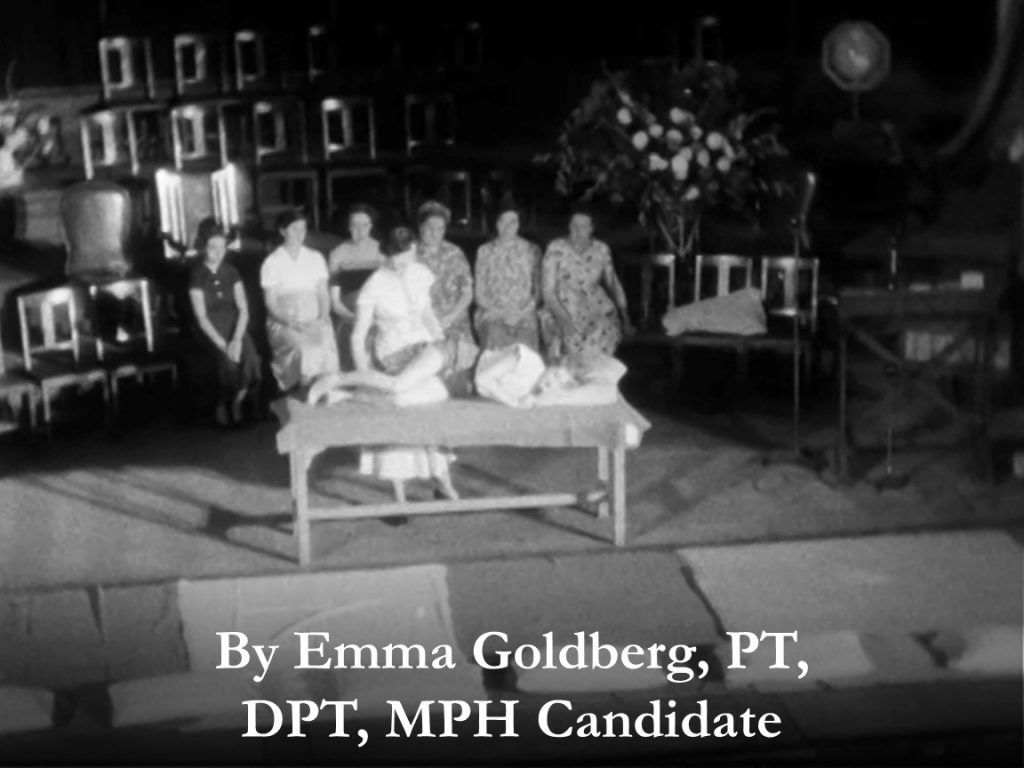
Vintage 1951 video footage from the first World Confederation of Physical Therapy (WCPT) lays the framework for historical reflections on the evolution of Physical Therapy and rehabilitation, tracing roots of professional identity to distinct cultures and practices from around the world.
Recovery and Reflection: The Role of History in Nursing Education
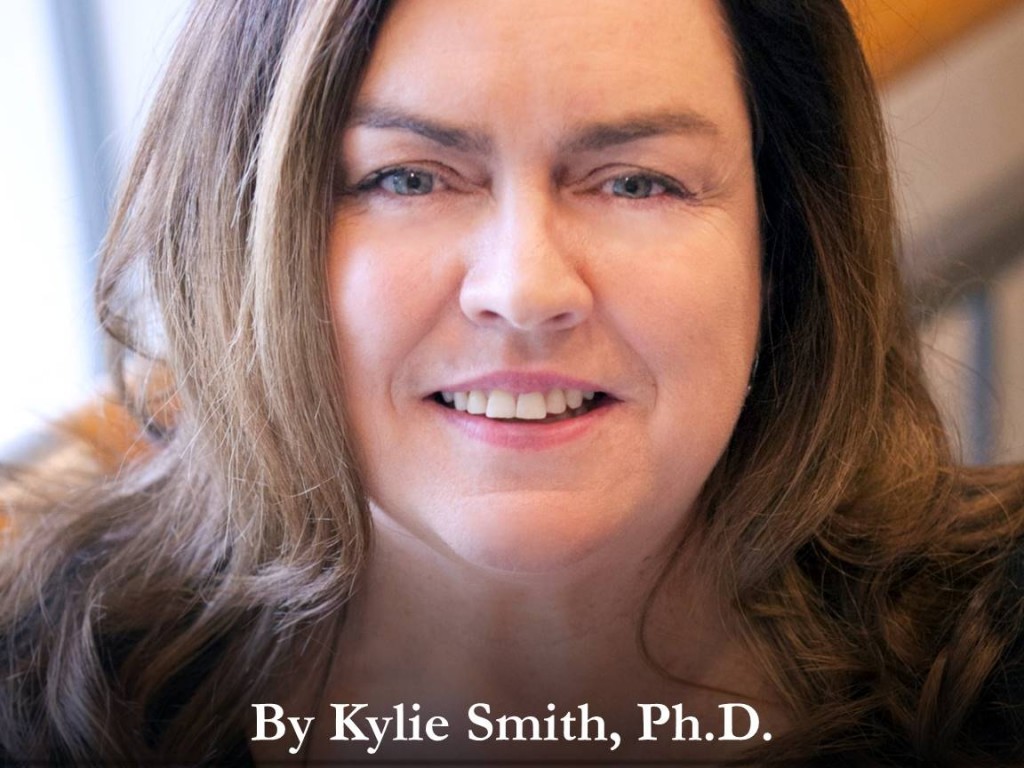
Dr. Kylie Smith explores the history of mental health nursing by studying the therapeutic role of nurses. By examining the social and historical context of nursing practice, she highlights the humanities as powerful educational tools that allow one to critically analyze the assumptions and narratives that underpin modern health care practice.
“We are looking for positives here”: Seeking Intersections of Pain, Grief and Disability
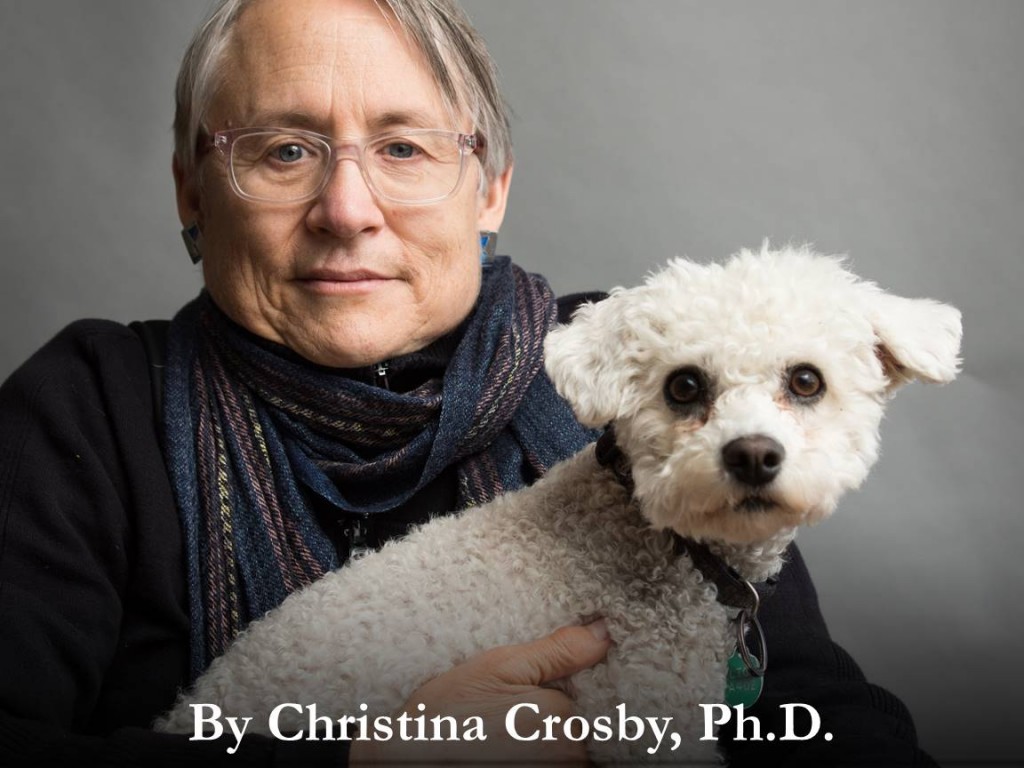
Dr. Christina Crosby broke her neck in a cycling accident in 2003. She argues that chronic pain and grieving over incapacity need to be openly explored in both therapeutic and scholarly conversations about disability, because pain unacknowledged is corrosive and weakens attachment to ongoing life.
From Surviving to Flourishing: Using Narrative as a Tool for Patient-Centered Care

Alison Cogan, occupational therapist and doctoral candidate at the University of Southern California, explores the benefits of developing skills for understanding and interpreting stories through reading and analyzing published first-person illness narratives.
“It Sounds Like a Drama:” Hearing Stories of Chronic Low Back Pain Through Poetic (Re)presentation
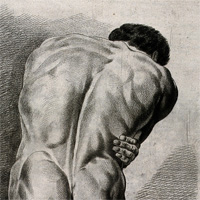
British researchers Dr. Vinette Cross and colleagues bring a poetic voice to the experiences of patients with chronic low back pain and their family members, creating a performance that bears witness to the frustration, sadness and resolve of these individuals.


